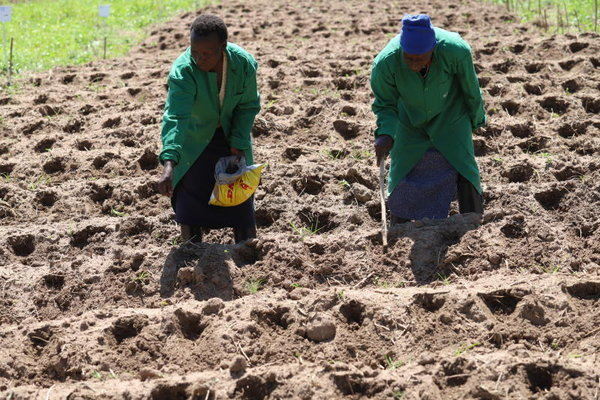×
The Standard e-Paper
Home To Bold Columnists

The country’s textile industry is headed for a big boost after Genetically Modified cotton planting began locally.
A journey of more than 15 years of developing the BT cotton reached the last stage yesterday, as the National Performance Trials for the crop began in Kisumu County.